In a pandemic, we may find ourselves overwhelmed, confused, and scared. I want to assure you, there is plenty you can do, right now, in the comfort of your own home to support your body and immune system. In this article, we’ll cover the importance of physical distancing, proper hygiene, whole-food nutrition, movement, stress-reduction, and self-care.

The most powerful thing you can do right now is to stay home. Obviously, we’ll all need to get out of the house for grocery shopping and fresh air throughout the week, so it’s important that when you anticipate being in a space where other people may be, you maintain at least 6 feet of distance between yourselves. Current research is showing that population-wide physical distancing will have the largest impact on the reduction of illness (1).
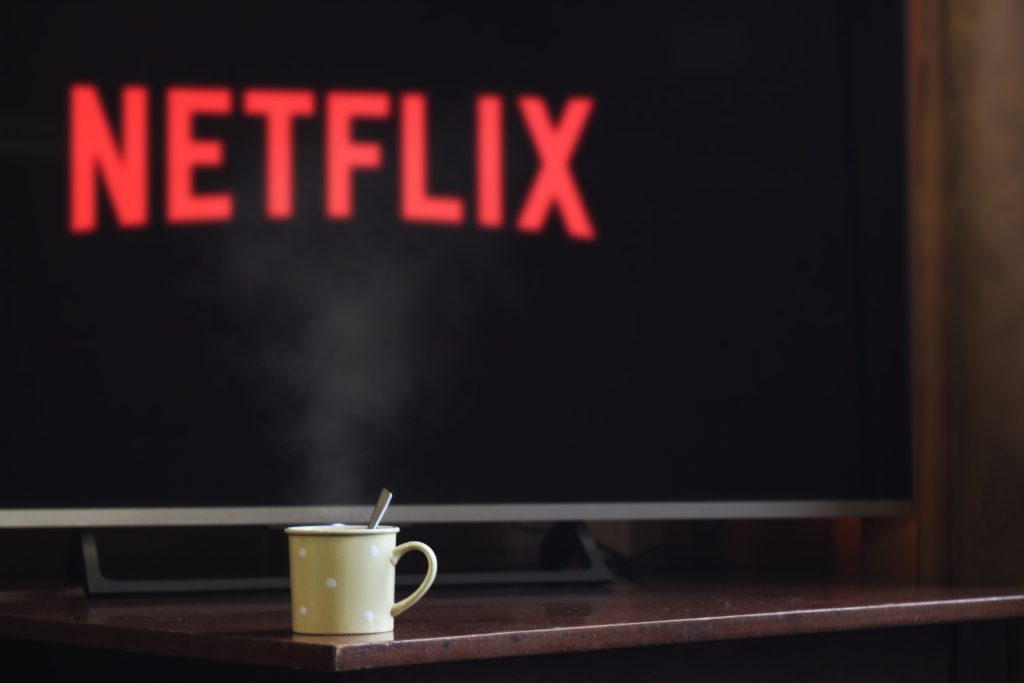
Equally as important as physical distancing is proper handwashing! Washing with soap and water is one of the key public health practices that can significantly slow the rate of this pandemic and limit the number of infections (2). It’s not enough to just wash your hands though, it must be often, and it must be done completely. Twenty seconds is the rule of thumb to go by in terms of length — so enjoy your rendition of “Happy Birthday” or the “ABC’s” to know when time is up.
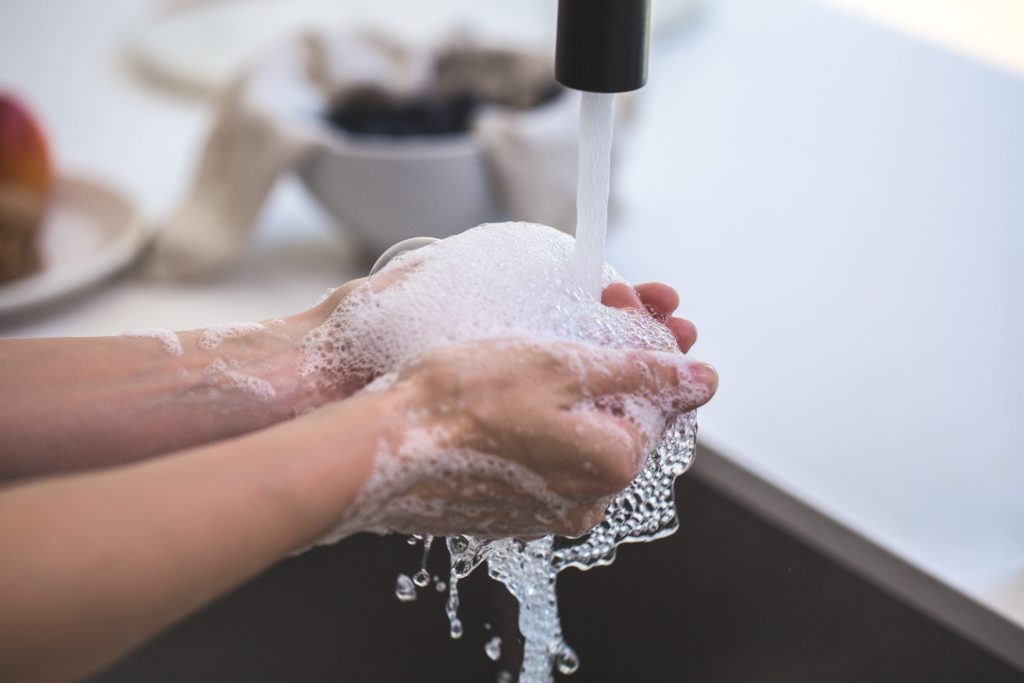
Next up is whole-food nutrition. Now more than ever it is crucial to fuel your body with nutrient-dense, whole foods. Focusing on high-quality protein, healthy fats, and vegetables in every color of the rainbow will provide your body with all of the macronutrients and micronutrients it needs to support and balance your immune system. When grocery shopping, skip the processed foods filled with refined carbohydrates and sugars, as this will put even more pressure on your system. Instead, prioritize pasture-raised organic eggs and poultry, grass-fed beef, wild-caught seafood, nuts, seeds, and a variety of vegetables and fruits.
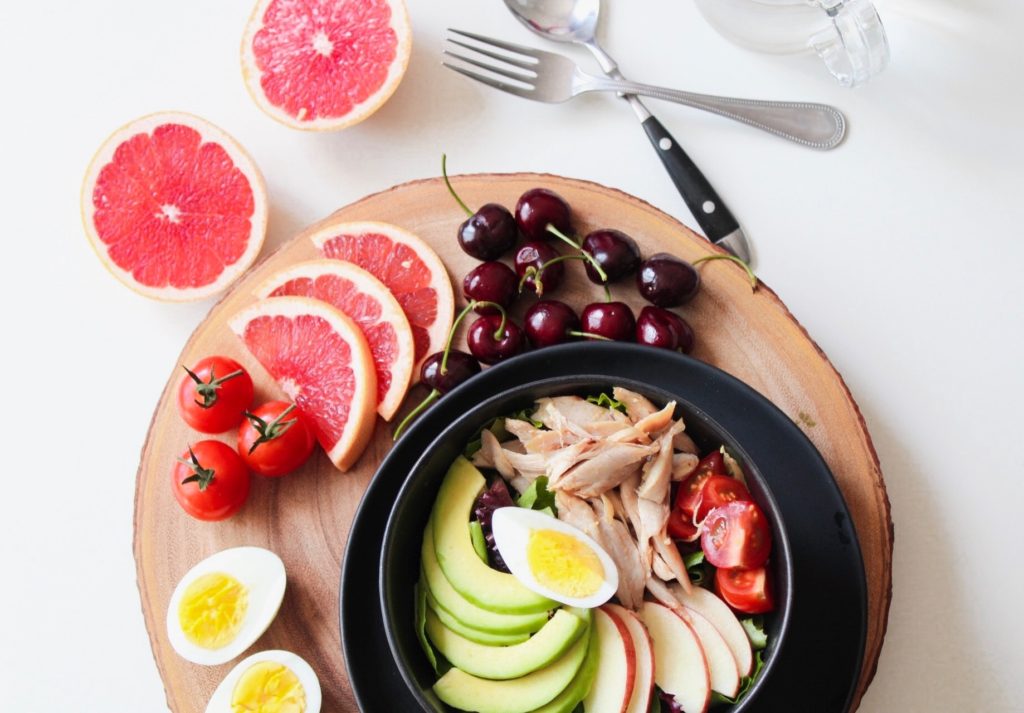
With all of the extra time being spent at home, sitting in a chair working or relaxing on the couch may feel like the new normal. While this is a really important part of stress-reduction and self-care, this sedentary lifestyle must be balanced by exercise and movement. Studies show that moderate-intensity exercise reduces inflammation and improves the immune response to respiratory viral infections. (3). Motivate yourself and your family to head outside, get some fresh air and go for walk or jog, remembering to keep your distance from others. Take this extra time to smell the flowers and listen to the birds! If you can’t get outside, YouTube has thousands of free exercise classes from yoga to kickboxing and everywhere in between. There are also plenty of mommy/daddy and me classes to include your children if you have little ones at home.
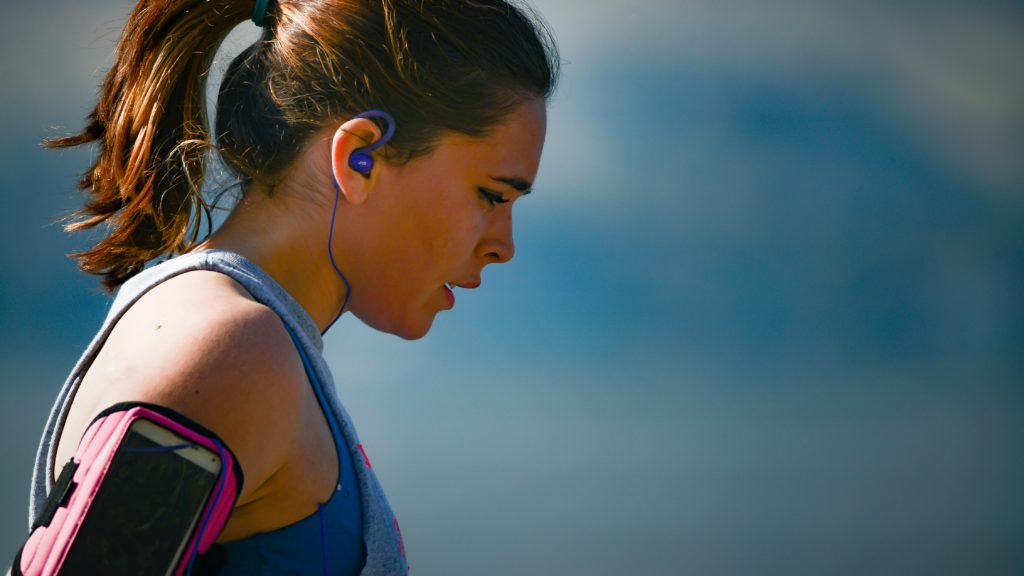
Stress-reduction and self-care may seem inconsequential at a time like this, but actually, it’s vital for your health and well-being. Stress has been shown to suppress the immune system, making it more likely that you’ll fall ill during times of high stress. To counteract this, practicing deep breathing can have positive effects on immune function in health and disease because of its ability to reduce stress (4). Stress reduction is a personal process that can look very different for each of us. For some, it may look like relaxing in solitude, while for others it may look like gardening, running, painting, coloring, sewing, or meditating. Whatever it looks like for you, prioritize the time and engage in the practice of self-care by committing to doing the things you love the most.

The important immune-supportive practices listed above have always been foundations of our health. Now more than ever the focus should be on nourishing your mind, fueling your body, and boosting your spirits.
- Ferguson, Neil M, et al. “Impact of Non-Pharmaceutical Interventions (NPIs) to Reduce COVID- 19 Mortality and Healthcare Demand.” Imperial.ac.uk, 16 Mar. 2020, www.imperial.ac.uk/media/imperial-college/medicine/sph/ide/gida-fellowships/Imperial-College-COVID19-NPI-modelling-16-03-2020.pdf?fbclid=IwAR2u67e-V_OllF0AzhOXDP_EyNNHUL2EB40_8FCh0jD_6P1WR5AkE2g4v2U.
- Jabr, Ferris. “Why Soap Works.” The New York Times, The New York Times, 13 Mar. 2020, www.nytimes.com/2020/03/13/health/soap-coronavirus-handwashing-germs.html.
- Martin, Stephen A, et al. “Exercise and Respiratory Tract Viral Infections.” Exercise and Sport Sciences Reviews, U.S. National Library of Medicine, Oct. 2009, www.ncbi.nlm.nih.gov/pmc/articles/PMC2803113/.
- Kox, Maltthijs, et al. “Voluntary activation of the sympathetic nervous system and attenuation of the innate immune response in humans.” David R. Vago, Ph.D., 24 May 2015, https://www.ncbi.nlm.nih.gov/pmc/articles/PMC4034215/.
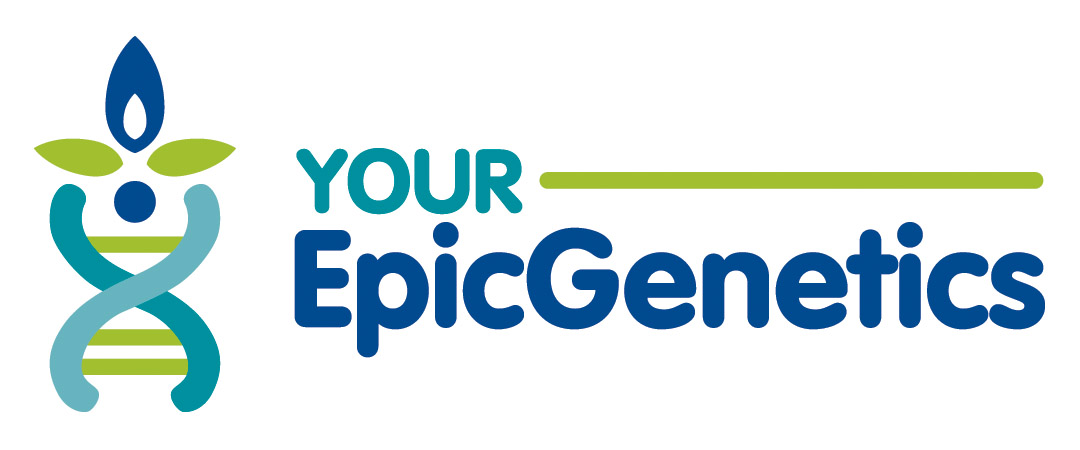

Recent Comments